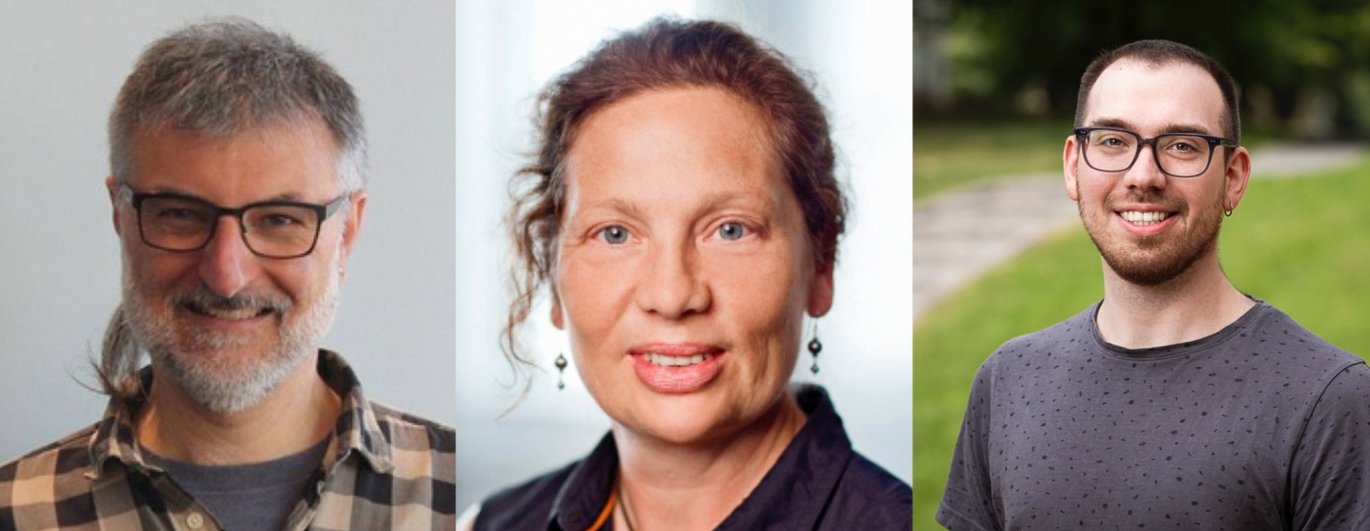Three Researchers at Aarhus University’s Department of Biology Receive 2 Million DKK Villum Experiment Grants
We are proud to announce that three outstanding researchers from the Department of Biology at Aarhus University—Professor Andreas Schramm, Professor Trine Bilde, and Postdoc Andrei Kalinichev—have each been awarded a prestigious 2 million DKK Villum Experiment Grant. These grants will support their groundbreaking projects, pushing the frontiers of biological research in their respective fields.

Professor Andreas Schramm - INSIGHT: Uncovering Host-Associated Microbes
Microbes are essential to ecosystems, forming symbiotic relationships with host animals and plants. Professor Andreas Schramm’s project, INSIGHT, seeks to unlock the potential of rare but essential host-associated microbes, such as those that influence host defense or nutrition. Current genome sequencing methods are often hampered by the abundance of host and non-target microbial DNA. Schramm’s project aims to solve this issue using Nanopore Adaptive Sequencing (NAS), a novel method designed to selectively target and recover the genomes of these elusive microbes.
His project will use wood ants as a model organism, and if successful, this method could revolutionize our understanding of host-associated microbes with potential applications in agriculture and biotechnology.
“Microbes are important 'little helpers' inside many animals and plants, but often difficult to study. We aim to develop a selective, fast, and cost-effective method to retrieve the genomes of rare but potentially essential bacteria from animals,” says Professor Schramm.
Professor Trine Bilde - Investigating Skewed Sex Ratios in Spiders
While most species maintain balanced sex ratios due to the distribution of sex chromosomes, some insects and spiders develop highly skewed ratios, with a far greater number of females. This phenomenon remains a biological mystery. Professor Trine Bilde’s project will develop a new DNA sequencing method for determining the sex of spider sperm and eggs. This will help uncover the evolutionary mechanisms responsible for these extreme imbalances.
“This method will help uncover the mechanisms driving extreme sex ratios, allowing us to explore why this phenomenon appears in many species,” says Professor Bilde.
Postdoc Andrei Kalinichev - SpectISO: Improving Ion Measurement Technologies
Postdoc Andrei Kalinichev’s project, SpectISO, aims to address the limitations of current ion-measuring technologies, such as ion-selective electrodes and optical sensors known as optodes. These technologies often suffer from issues related to pH cross-sensitivity, making it difficult to apply them in environments where pH fluctuates. Kalinichev’s project integrates spectroelectrochemical methods with optodes to control electric potential, significantly improving the accuracy of ion measurements.
This advancement could have far-reaching implications for environmental, medical, and industrial applications, offering more reliable and precise measurements.
